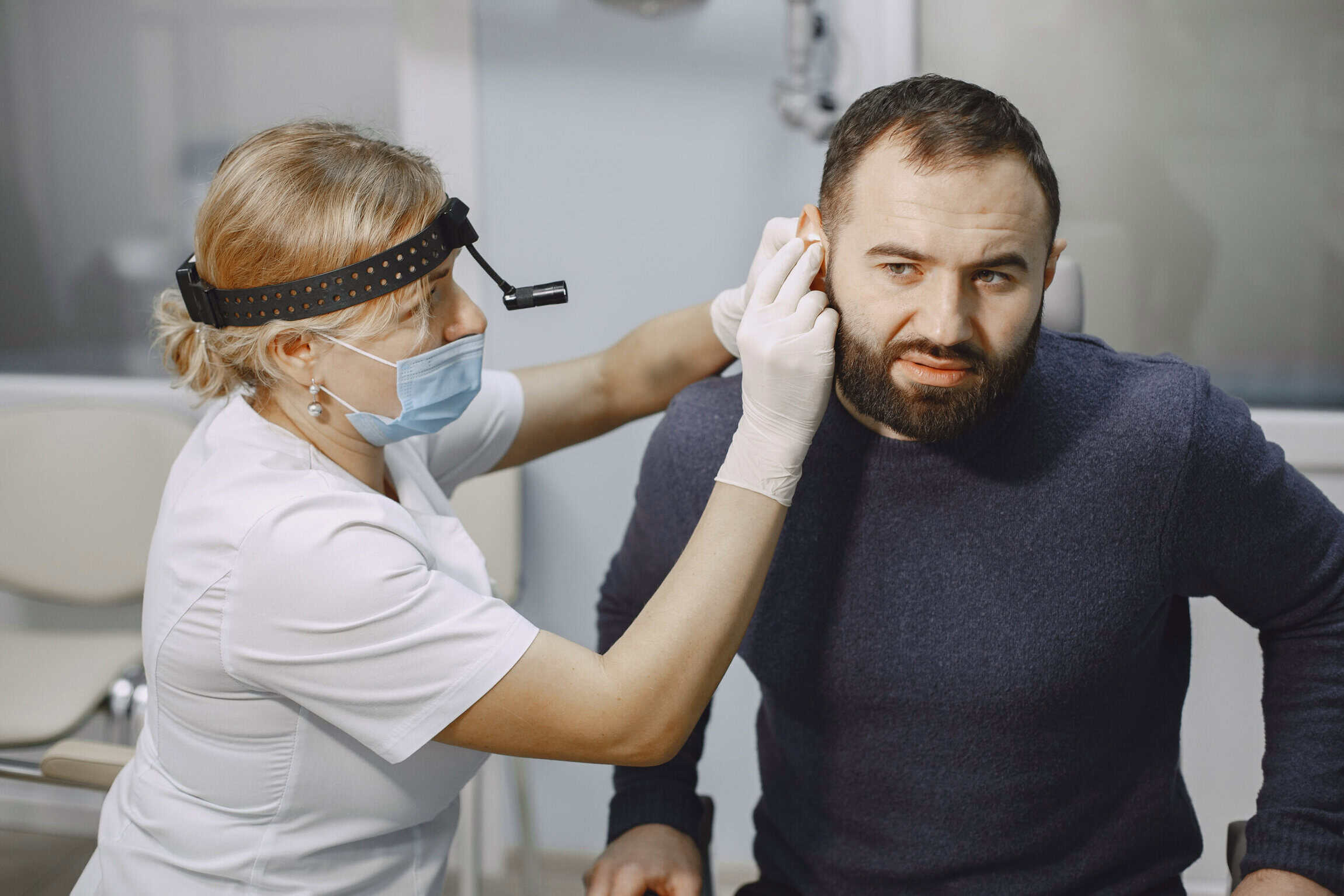If an injured worker who receives workers’ comp benefits can go back to work but has a permanent disability, the worker’s Impairment Rating is one of the factors used to determine the amount of Partial Permanent Disability benefits the worker receives. But what is an Impairment Rating, and how is it determined? The Virginia workers’ compensation lawyers at Renfro & Renfro provide the answers to those questions in this discussion.
Everything You Need To Know About an Impairment Rating in a Virginia Workers’ Compensation Case
When Is an Impairment Rating a Factor in Workers’ Comp Benefits?
When a worker suffers an injury in an on-the-job accident, determining the amount or workers’ compensation benefits is a complex matter that involves consideration of numerous factors relating to the injury. If a worker can eventually return to work but has a permanent disability, the worker may be eligible to receive Permanent Partial Disability (PPD) benefits. Calculating the amount of PPD benefits takes several factors into account, including the Impairment Rating resulting from the injury.
An Impairment Rating of is assigned by a medical professional, utilizing standards established by the American Medical Association. The AMA defines an impairment as “a significant deviation, loss, or loss of use of any body structure or body function in an individual with a health condition, disorder, or disease.”
An impairment is a permanent loss, whereas a disability for workers’ compensation purposes can be temporary or permanent. Impairment ratings are determined only after the worker reaches Maximum Medical Improvement. An Impairment Rating of 0 to 100, which reflects the percentage of impairment, is given for each affected body part.
Under the Virginia Workers’ Compensation Act, impairment ratings apply only to the loss of specific body parts, including a thumb or finger or phalanx (bone) of a thumb or finger, toe or phalanx, hand, arm, foot, or leg. Loss of hearing or vision, permanent disfigurement, and certain lung diseases also qualify for impairment ratings. The spine and back are not ratable body parts for impairment under the Act; however, if a spine or back injury causes weakness in arms or legs, those extremities may receive an Impairment Rating.
How Does a Worker Get an Impairment Rating?
In cases where a worker has a loss eligible for an Impairment Rating, the worker’s lawyer usually schedules a rating evaluation with the worker’s treating physician or another doctor who understands impairment ratings. After the doctor provides a report with the Impairment Rating evaluation and detailed explanation, the worker’s lawyer files the report with the Workers’ Compensation Commission and sends a copy to the insurance company.
If the insurance company disagrees with the Impairment Rating, they may decide to send the worker to a different doctor for a second evaluation, which they can use to dispute the rating. The Impairment Rating report (or reports, if the insurer requests a second evaluation) provides information that is used by the worker’s attorney and the insurance company in settlement negotiations or in an evidentiary hearing before the Commission.
Role of an Impairment Rating in the Amount of Workers’ Comp Benefits
An Impairment Rating is just one of many factors that can affect the amount of benefits an injured worker receives under the Virginia Workers’ Compensation Act. Other relevant evidence in a particular case may include a Functional Capacity Evaluation or Independent Medical Examination, along with the worker’s complete medical record, as well as other evidence relating to the accident and injury.
The system, process, and calculation of benefits are all extremely complex. If you suffer an injury at work, attempting to navigate the workers’ compensation system on your own — or (even worse) relying on the insurance company to help you through the process — can be a serious mistake. Without having an attorney evaluate your case, analyze the evidence, take the right steps to prove your case, and calculate your benefits, you can easily end up with much less in benefits than the law provides for you.
The insurance company does not represent you. They represent your employer. The company’s goal is to minimize the value of your benefits or deny your claim if possible. You should never accept a settlement offer from the insurance company without talking to an experienced workers’ compensation lawyer. In fact, you should let your attorney handle all the communications with the insurance company, to avoid unintentionally making statements that could harm your case.
At the Richmond law firm of Renfro & Renfro, your consultation and case evaluation are completely free of charge. You have nothing to lose by talking with us about your case. You should do so at the earliest opportunity after you suffer an on-the-job injury.
Schedule a Free Consultation with Our Virginia Workers’ Compensation Attorneys
If you receive an injury on the job, it’s important to ensure that you receive the maximum benefits available under Virginia workers’ compensation law. You can count on our experienced workers’ compensation attorneys to make certain that you receive the full amount you deserve. We welcome you to call us at (804) 601-4433 or contact us online for a free consultation.






